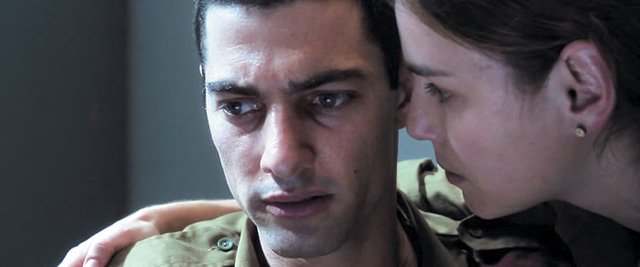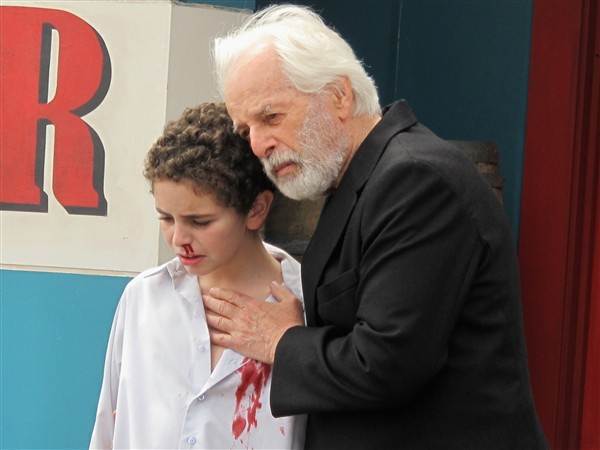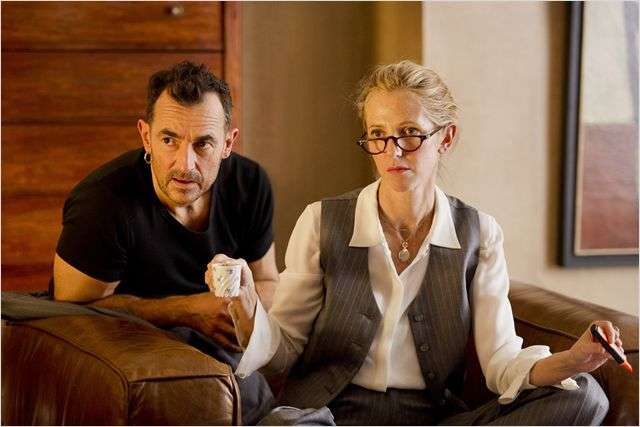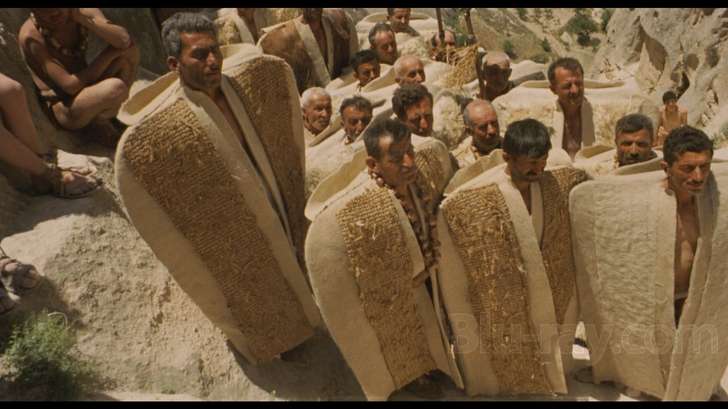
Originally Posted by
Chris Knipp

Alejandro Jodorowsky: THE DANCE OF REALITY (2013)
Think a (admittedly very offbeat) Hallmark card with a touch of Zen and design by Fellini and De Sica (with a nod to 8½) and you won't be too far off the mark. But you also won't forget this is Jodorowsky, and nobody else, making a convincing bid to be added back firmly onto the roster of the world's great living directors. It has an authenticity and purity lacking in his earlier surreal midnight cult favorites, El Topo (1970) and The Holy Mountain (1973), which seemed more qualified to impress and shock than to enlighten. Anyway, the brush Jodorowsky paints with as always is not the brush of Jane Austen or (God forbid) Norman Rockwell, but the brush of Fellini, Tod Browning, or Emir Kusturica -- the addition of Browning I owe to Peter Bradshaw's Cannes review.
La danza de la realidad, 130 mins., debuted at Cannes in the Directors' Fortnight series




 Reply With Quote
Reply With Quote





Bookmarks